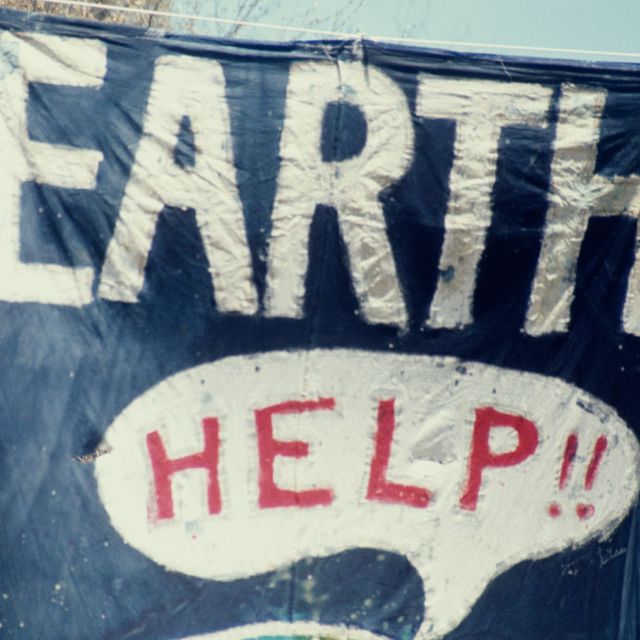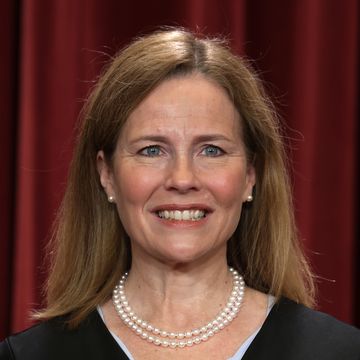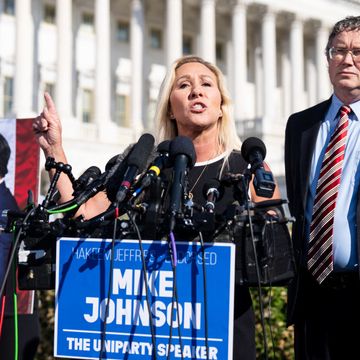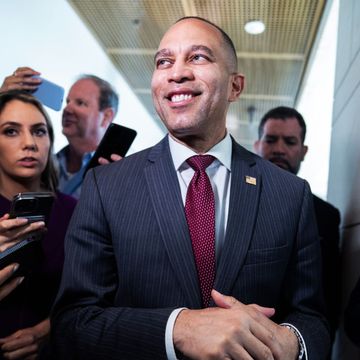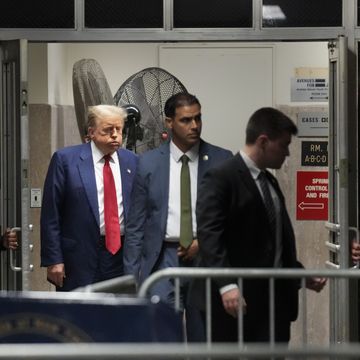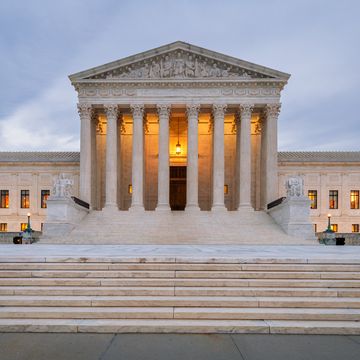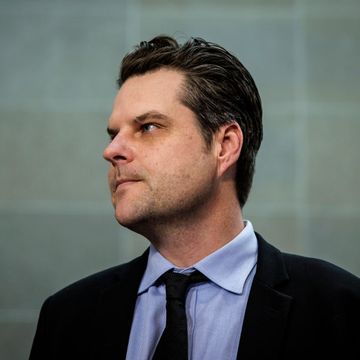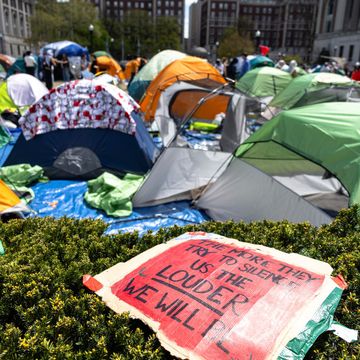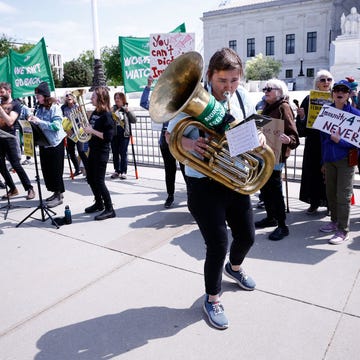On April 22, 1970, a Democratic senator from Wisconsin named Gaylord Nelson got what he wanted. For three years, Nelson advocated a one-day national “teach-in” on the subject of environmental protection. He fought for what was then called “conservation” throughout his political career, particularly as the governor of Wisconsin and then in the Senate. The idea exploded around the country and, on that April day fifty-four years ago, the first Earth Day was celebrated. It also kicked off a decade of environmental action that included the Endangered Species Act, the Occupational Health and Safety Act, the Safe Drinking Water Act, and the Toxic Substances Control Act. Two months later, Congress authorized the creation of the Environmental Protection Agency.
On the first day, Nelson was in Denver, attending that city’s Earth Day festivities. He was particularly focused on breaking down the suspicion that environmentalism was a cause for well-off suburban white people. He told his audience:
Ecology is a big science, a big concept—not a copout. It is concerned with the total ecosystem—not just with how we dispose of our tin cans, bottles, and sewage. Environment is all of America and its problems. It is rats in the ghetto. It is a hungry child in a land of affluence. It is housing that is not worthy of the name, neighborhoods not fit to inhabit.
Environment is a problem perpetuated by the expenditure of billions a year on the Vietnam War instead of on our decaying, crowded, congested, polluted urban areas that are inhuman traps for millions of people. If our cities don’t work, America won’t work. And the battle to save them and end the divisiveness that still splits this country won’t be won in Vietnam. Winning the environmental war is a whole lot tougher challenge by far than winning any other war in the history of Man. It will take $20 to $25 billion more a year in Federal money than we are spending or asking for now.
Our goal is not just an environment of clean air and water and scenic beauty. The objective is an environment of decency, quality, and mutual respect for all other human beings and all other living creatures. Our goal is a new American ethic that sets new standards for progress, emphasizing human dignity and well-being rather than an endless parade of technology that produces more gadgets, more waste, more pollution. Are we able to meet the challenge? Yes. We have the technology and resources.
Gaylord Nelson died in 2005. By then, the shining promise of 1970 was gone. Confronted with the greatest environmental crisis since the meteor killed the dinosaurs, we are debating whether the crisis even exists. Our money-sodden politics has chosen temporization and the snake oil of “self-regulation” ahead of the vigorous national action of a half century ago. Congressional Republicans have dedicated themselves to destroying the work of all that legislation—even to the point of defunding the EPA. Everything Nelson said in his Denver speech has been vindicated. Environmentalism reaches all of our lives, and especially the lives of the poor and disadvantaged. Environmental justice is a rising issue among young politicians and young voters.
Happy Earth Day. Hug a tree, and f*ck the begrudgers.

Charles P Pierce is the author of four books, most recently Idiot America, and has been a working journalist since 1976. He lives near Boston and has three children.
